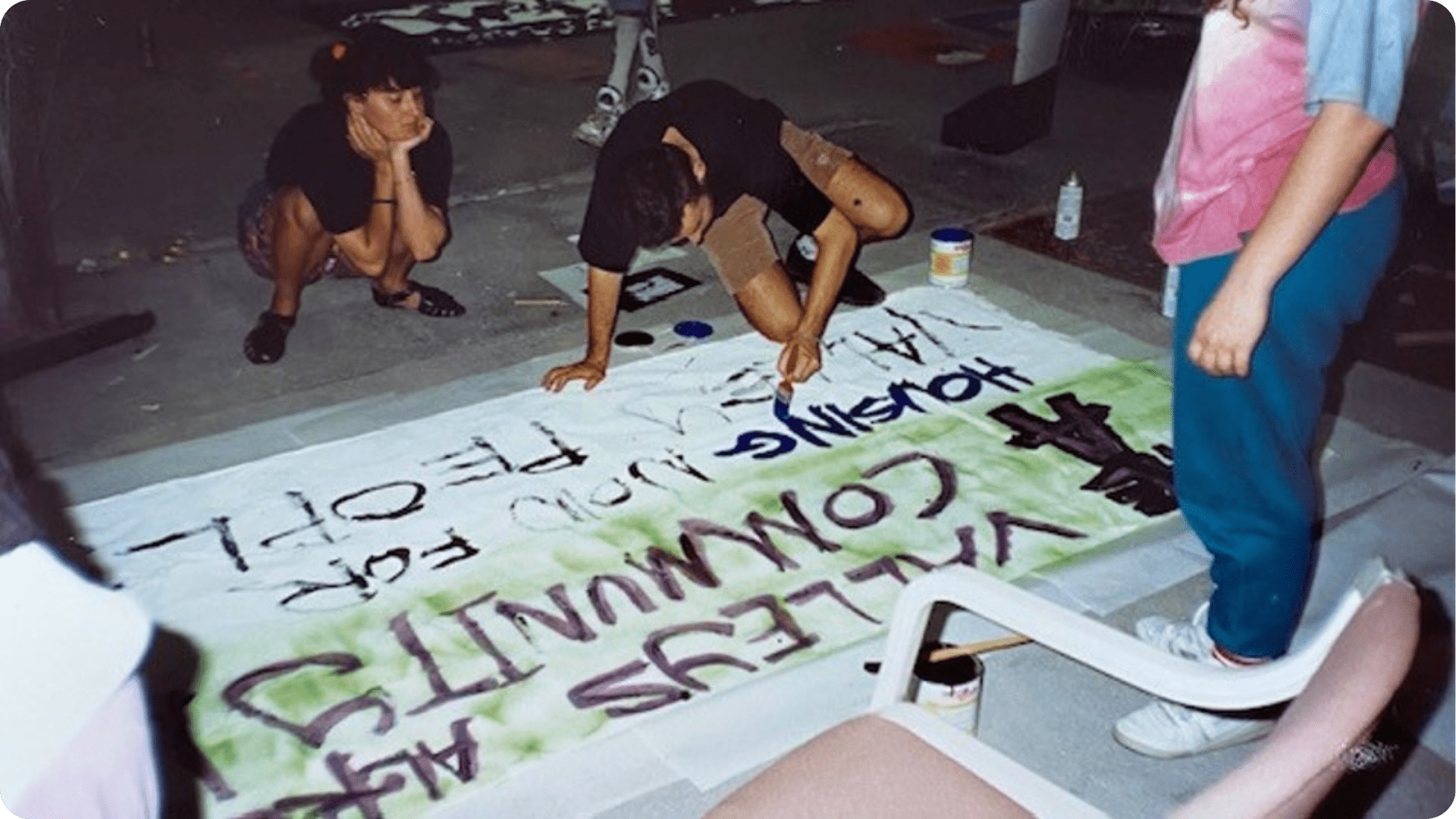There remains a very high demand for support for young people and young families in Brisbane. We are working hard to create more options, but many nights, all beds are at capacity.
We may not be able to answer your call immediately, but if you leave a message with your name, age, and the reason for calling, we’ll return your call as soon as possible.
If you need support, we offer a walk-in service in the afternoons.
🚶➡️Current walk-in hours
📅 Monday – Friday
⏰ 1 – 4 pm
Unfortunately, presenting to our service does not guarantee a place to stay. We understand this is frustrating, and we will do our best to support you. When you arrive, we’ll discuss your options, which may include housing if available. We may also provide food, transport, crisis support, referrals, and other help that fits your needs.
🎄Holiday closures
While support for young people in our housing services will continue as normal throughout the holidays, the BYS Youth Support Centre will be closed on the following dates:
– Friday 5 December for an employee meeting
– Thursday 25 December for Christmas Day
– Friday 26 December for Boxing Day
– Thursday 1 January for New Year’s Day
We will be open on Monday 29, Tuesday 30, Wednesday 31 December from 1-4 pm to provide emergency relief.
